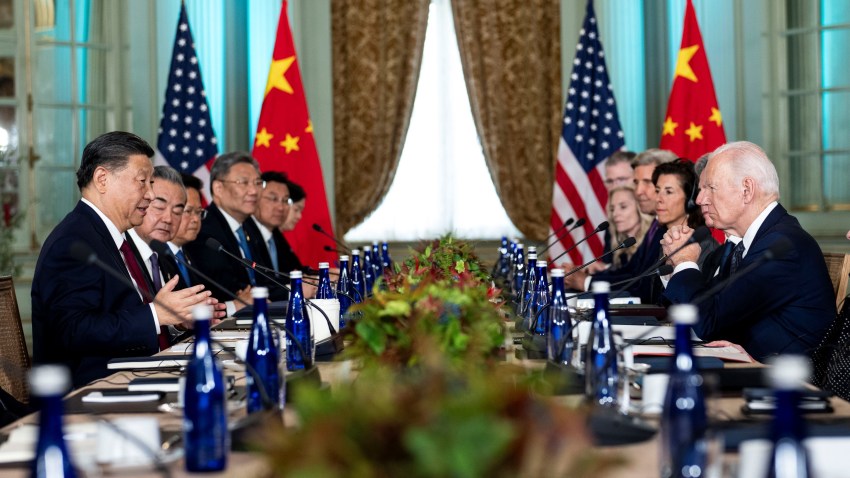A common understanding of why U.S.-China relations have cratered since the 2016 election of former President Donald Trump is that the world’s two largest economies had gone from being complementary to being increasingly competitive and zero-sum, such that any achievement by China was seen as a loss for the United States. Nearly a decade later, with another Trump presidency a possibility, the two countries now seem locked in an antagonistic relationship across all dimensions and increasingly at odds in two of the most consequential conflicts since the end of the Cold War: Russia’s invasion of Ukraine and the expanding war in the Middle East.
With regard to the economic relationship, however, there are ways to find common ground, which is especially important not only for U.S. companies that are deeply invested in China, but also for the United States’ reputation among the Chinese private sector and the Chinese people. These two constituencies should always matter, no matter who is in power in Beijing. Cooperation on economic issues would directly address their concerns and problems.
For the greater part of China’s reform era, which began in 1978, U.S. businesses were the key ballast that kept the relationship on an even keel, even when the countries’ governments were at odds over Beijing’s suppression of pro-democracy students in 1989, its behavior in the South China Sea and tensions over the status and treatment of Taiwan. U.S. investment in China opened up new markets for companies like General Motors and Starbucks. It also provided a new destination for manufacturing, which was critically important to Apple’s and, more recently, Tesla’s global success. U.S. consumers benefited from lower prices and more options. Hundreds of thousands of Chinese students invested in the U.S. by pursuing their education there, recognizing that the U.S. system of higher education offered a superior alternative to the closed political atmosphere at home.

